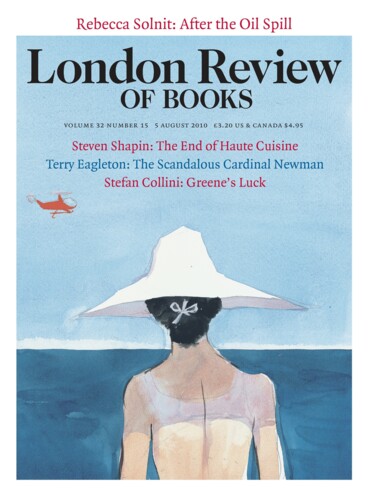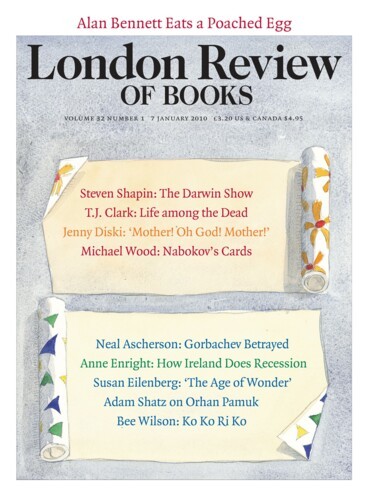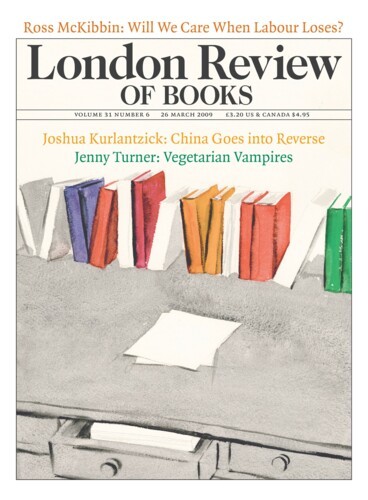Down to the Last Cream Puff: The End of Haute Cuisine
Steven Shapin, 5 August 2010
The winner of a horse race is the fastest animal, but in a dog show the best of breed isn’t the fastest, or the biggest, or the hairiest, but the truest to type. The top beagle is reckoned to be the essence of beagleness, and the best dog in show is the animal that is more true to its type than any other is to its. So where – among these and other economies of merit – do we find notions like the best dish, the best chef, the best restaurant, or even the best national cuisine? And what kind of sense does it make to say that one national cuisine has lost the race for excellence to another?





